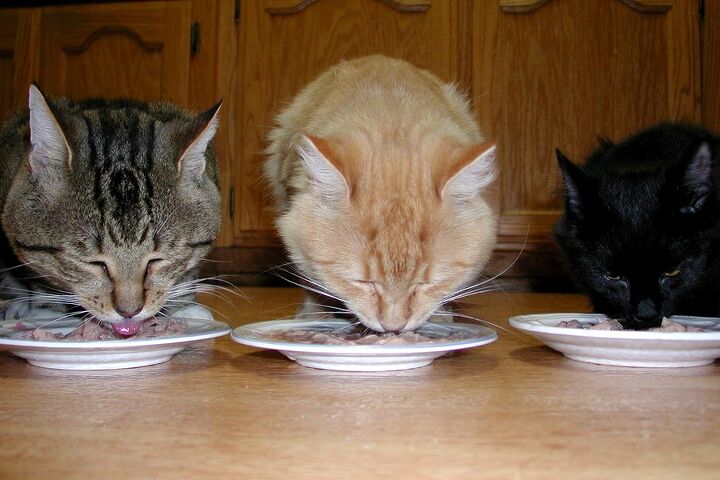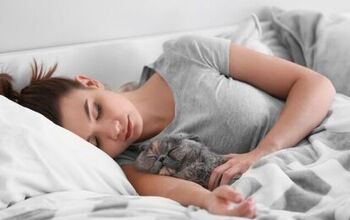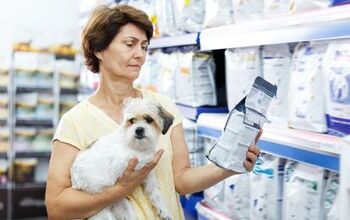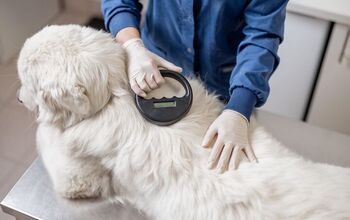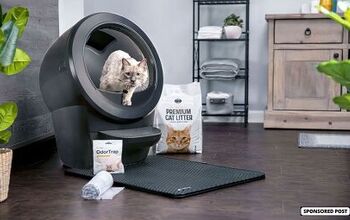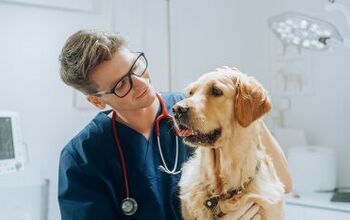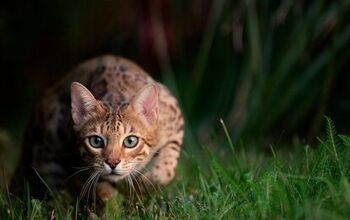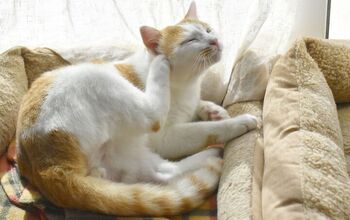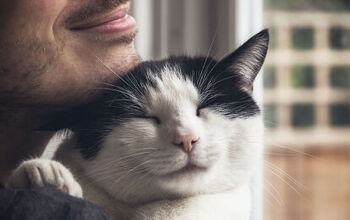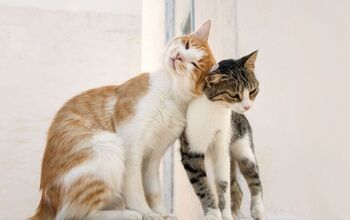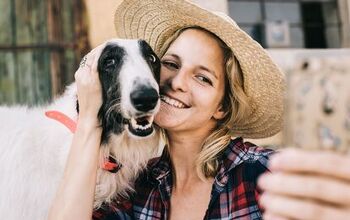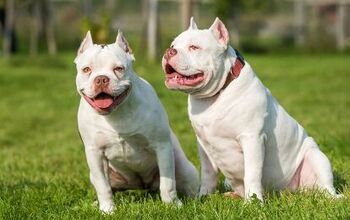Vital Vittles: The Benefits of Life Stage Diets for Cats

To help keep your kitty healthy throughout his life, feed him the high-quality cat food that includes adequate amounts of animal protein, the right proportions of amino acids like taurine and arginine, enough fatty acids, and preformed vitamin A. But on top of these basics, there are also life stage diets that help meet your cat’s nutritional needs as he grows.
Below is a short guide to the main life stage diets available for cats, as well as the benefits that each provides.
Kitten Formulas
Kittens need higher levels of protein and calories than adult cats in order to meet growth requirements. Failing to provide adequate nutrition at this life stage may result in the kitten getting sick or his growth might be stunted.
Providing a high quality diet to your kitten will help create a foundation for good health later on as well. Kitten formulas are designed to provide your pet with all of his energy requirements in the form of plenty of protein, fats, and minerals, including calcium and phosphorus for healthy bone and tooth development.
Related: How To Read A Cat Food Label
Adult Formulas
To maintain your adult cat’s health, as well as his weight, there are plenty of balanced adult formulas to choose from. They’ll contain lower calories than kitten formulas so that your less active adult cat will be able to more easily maintain a healthy weight.
These formulas also contain high amounts of animal protein, preferably from real meat as opposed to meat by-products. And they’ll contain antioxidants, vitamins, and minerals in the right proportions in order to promote the strength of the immune system and healthy organ function throughout the body.
Senior Formulas
Senior kitties also have special nutritional needs, so there are formulas geared towards the maintenance of their health, weight, and energy. Typically, they’ll need the same amount of calories that they required when they were younger, so you don’t need to restrict their calorie consumption unless they really need to lose weight (do so with the guidance of a vet).
Related: How Much Should I Feed My Cat?
You can find formulas that contain plenty of fatty acids like EPA and DHA to help with mobility in older cats. Senior formulas also have highly digestible ingredients to help your kitty absorb nutrients, including vitamins, minerals, and fats, more easily as he ages.
For felines that have chronic conditions like heart disease or kidney disease, there are many foods that are formulated to bring as much balance and health back into the body as possible in order to manage the diseases and bring the pet relief.
Pregnant Cats
A cat that is pregnant or nursing will have higher nutritional needs than other adult kitties. After all, she’s eating for herself plus her litter of kittens. On top of potentially becoming ill, if a mother cat isn’t able to meet her body’s new nutritional demands, her babies may suffer and she might not be able to produce enough milk for them either.
To ensure a pregnant cat gets all of the nutrition she needs, you can feed her a highly digestible kitten formula until all of her kittens are weaned. You can begin feeding her the kitten formula once you find out she’s pregnant, and you can continue feeding it to her even while she’s nursing her babies, as she’ll continue having increased energy and nutrient requirements during that time.
Always Discuss Your Cat’s Specific Needs with Your Vet
Always remember that every cat is an individual, so while there are broad nutritional guidelines, one size doesn’t always fit all, especially when there are things like chronic conditions or allergies involved. If you ever have any questions about what you should be feeding your cat, the best person to ask would be your veterinarian, who knows your cat’s specific needs best.

Lisa Selvaggio is a freelance writer and editor, and our resident cats-pert, with certifications in pet nutrition and pet first aid. She enjoys producing content that helps people understand animals better so they can give their pets a safe and happy home.
More by Lisa Selvaggio



